Politics and Government: Law
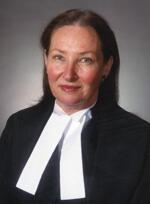
Rosalie Silberman Abella
Rosalie Silberman Abella became Canada’s first Jewish woman judge and youngest ever judge in 1975 at the age of twenty-nine. She headed a ground-breaking 1984 commission which pioneered the theories of equality and discrimination. In 2004 she became the first Jewish woman to sit on the Supreme Court of Canada.
Abortion: Halakhic Perspectives
While halakhic discussions about abortion largely excluded the arguments and perspectives of women, in general poskim (decisors) determined that a woman’s life takes priority over the life of the fetus. Halakhic perspectives have explored the point at which the fetus is considered a human and taken the mother’s physical and psychological health into account in determining her right to abort.

Ruth Abrams
The first woman to serve on the Massachusetts Supreme Judicial Court, Ruth Abrams upheld the rights of women and minorities throughout her career.
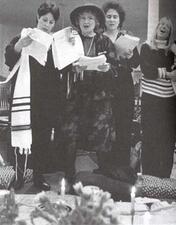
Bella Abzug
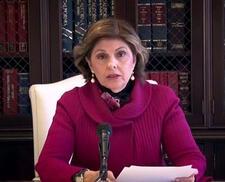
Gloria Allred
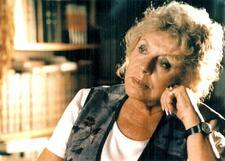
Shulamit Aloni
Shulamit Aloni, Member of the Knesset and Minister, was an important champion of human rights, civil rights, religious freedom, and the Palestinian right to self-determination. As founder and head of the Ratz and then Meretz party, she spearheaded progressive politics in Israel both on the formal level and in civil society for over half a century.
Birdie Amsterdam
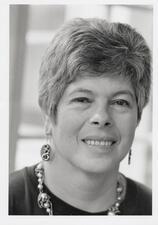
Joyce Antler
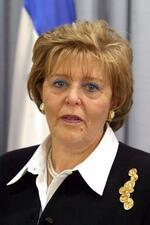
Edna Arbel
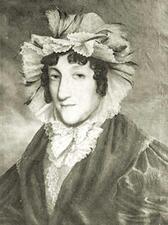
Australia: 1788 to the Present
The first Jewish women, like the first Jewish men, arrived in Australia on the very first day of European settlement in 1788. Those convict pioneers were followed by free settlers who made Jewish communal and congregational life viable and helped to develop the vast continent. Jewish women have made significant contributions to Australia's national story.
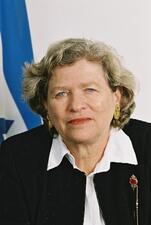
Elisheva Barak-Ussoskin
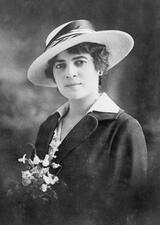
Clarice Baright
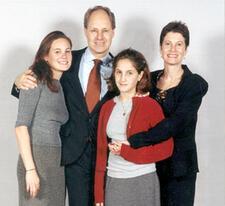
Patricia Barr
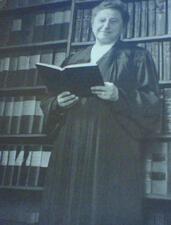
Jennie Loitman Barron
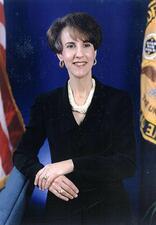
Charlene Barshefsky
Evangelyn Barsky
One of the first two women allowed to pass the bar in Delaware, Evangelyn Barsky made a great impact on her community in her brief career.
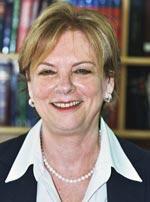
Dorit Beinisch
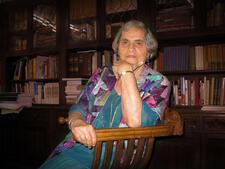
Ruth Ben Israel
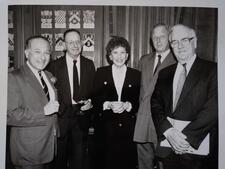
Hadassa Ben-Itto

Miriam Ben-Porat
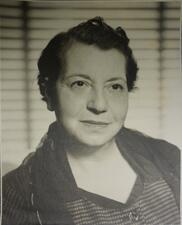
Hélène Cazes Benatar
Hélène Cazes Benatar was a Moroccan-born human rights lawyer who rescued thousands of refugees in North Africa during World War II. She was a life-long advocate for individual rights and political equality, especially for disenfranchised Maghrebi Jews. During World War II, she fought to protect victims of pro-Fascist Vichy rule; post-war, she promoted the migration of Moroccan Jews to Palestine and elsewhere.
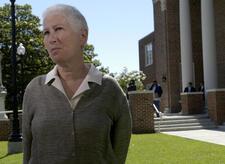
Rita Schwerner Bender
Margarete Berent
Margarete Berent was the first female lawyer to practice in Prussia and the second female lawyer ever licensed in Germany. In 1925 she opened her own law firm in Berlin and, after fleeing Nazi Germany, opened her own firm in the United States. Not only was she the first female lawyer and the head of her own law firm, but she was also an ardent feminist and active in promoting opportunities for women.
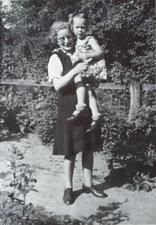
Clementine Bern-Zernik
A lawyer by training, Vienna-born Clementine Bern-Zernik produced broadcasts for the US Office of War Information in London during the war, served as the director of a Displaced Persons Camp in post-war Germany, and spent the last 50 years of her life as a UN liaison to the New York Public Library. Throughout her life she maintained a strong Austrian identity and was a founding member of the Austrian-American Federation.
Rebecca Thurman Bernstein
Rebecca Thurman Bernstein was lauded by local and national organizations for her efforts to improve health care, literacy, and Jewish life in Portland, Maine. Bernstein was proud of her Jewish heritage and worked for many Jewish causes, but her interests were not limited to or by her Jewishness.


